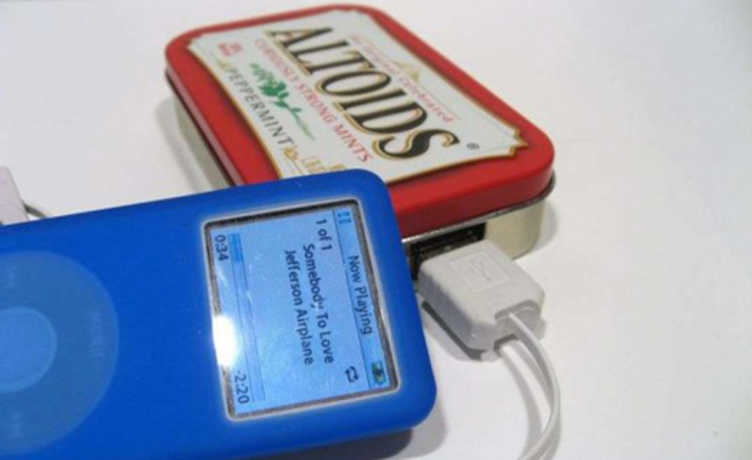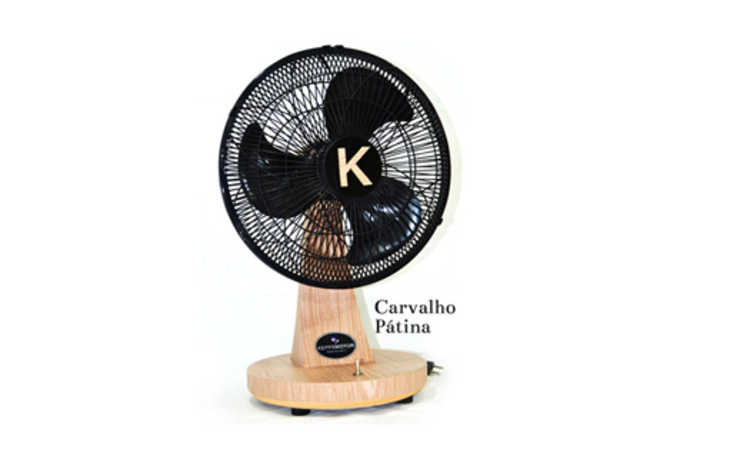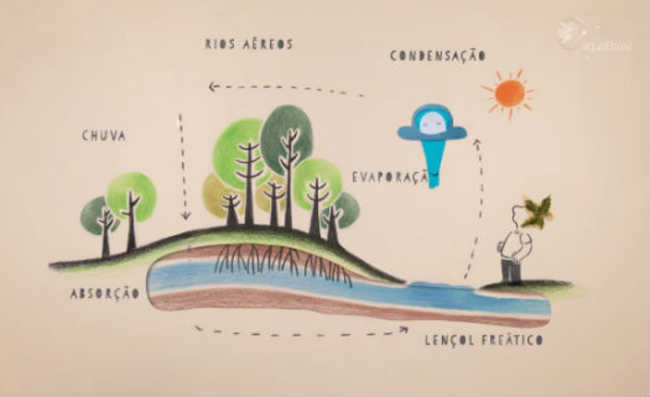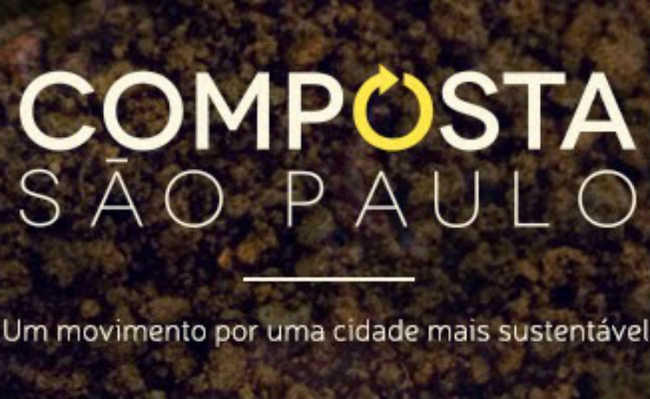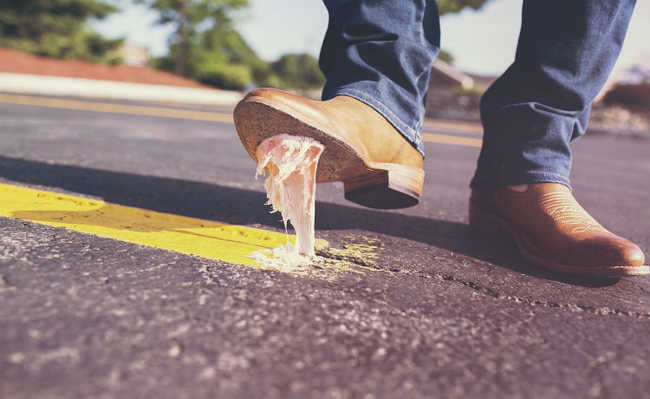Rio City Hall will fine anyone who throws garbage in the street. Value can reach R$ 980
The fine will apply regardless of the size of the garbage. Even so, value may vary.
Despite being known as the “wonderful city”, Rio de Janeiro is among the ten dirtiest tourist spots on the planet, according to a survey by the Trip Advisor website. In 2012 alone, 1,255,690 tons of garbage were collected from the beaches, streets and slopes, enough to fill three stadiums in Maracanã. To combat this customary practice, the city hall promises to base itself on Law 3.273, of 2001, which, despite being in force, was never used in practice.
The fines will only start being applied in July 2013. From then on, anyone found polluting the city will be fined. The minimum amount of penalties is R$ 157 for waste that occupies a volume less than 1 m³. The greater the space occupied by the waste, the price also increases. The maximum value is R$ 980. The central and southern regions will be the first to be impacted by the measure, followed by commercial concentrations in the suburbs.
Every day, the city hall informs that the city's streets are swept up to four times, but the dirt is excessive and the teams cannot keep up with the demand. To make the law “take hold”, around 500 public agents will participate in this permanent operation. Registration will be done by a team composed of a Municipal Guard agent, an inspector from the Municipal Urban Cleaning Company (Comlurb) and a member of the Military Police. The weapon used to fight dirt will be a palmtop with internet access and attached to a printer. It is through it that the agents will write down the CPF of the person who commits the infraction so that the fine can be printed on the spot.
Anyone who refuses to give information so as not to be fined may be referred to a police station. Those who feel aggrieved by the fine may resort to the internet, but those found guilty and who do not pay will be given the name “dirty” - which creates restrictions when applying for loans or making purchases in installments.
Similar situations around the world
Several major cities in the world have already adopted punishment measures for some time. In London, England, for example, there are campaigns to remind citizens that a simple gum thrown on the floor can cost around £80, approximately R$240. In Paris, France, the law is even stricter. The act of spitting on the floor is an infraction as serious as not cleaning the subject of the dog - the fine is €35, equivalent to R$87. In Tokyo, Japan, you hardly see street sweepers for lack of need. From children, in schools and in their homes, the Japanese learn to collect all the garbage they produce, in addition to properly disposing of their waste.
environmental damage
Although, since the 18th century, European industries have dumped their waste directly into nature, consumer waste was not as harmful to the environment until the beginning of the 20th century, as there was a predominance of organic waste. However, modern man's garbage is made up of mountains of packaging and other artificial compounds that are very harmful to the environment.
If thrown on the ground, garbage can cause floods and clog drains, cause a bad smell, promote the proliferation of harmful animals and disease transmitters (mice, ants, flies and mosquitoes), pollute the soil and the underground water table by slurry and also the air, since it is a common practice to burn garbage in streets, vacant lots and dumps.
So, do your best to reduce your household waste as much as possible (see more here) and find out where to recycle the various items of your day-to-day in the Recycling Stations section.


